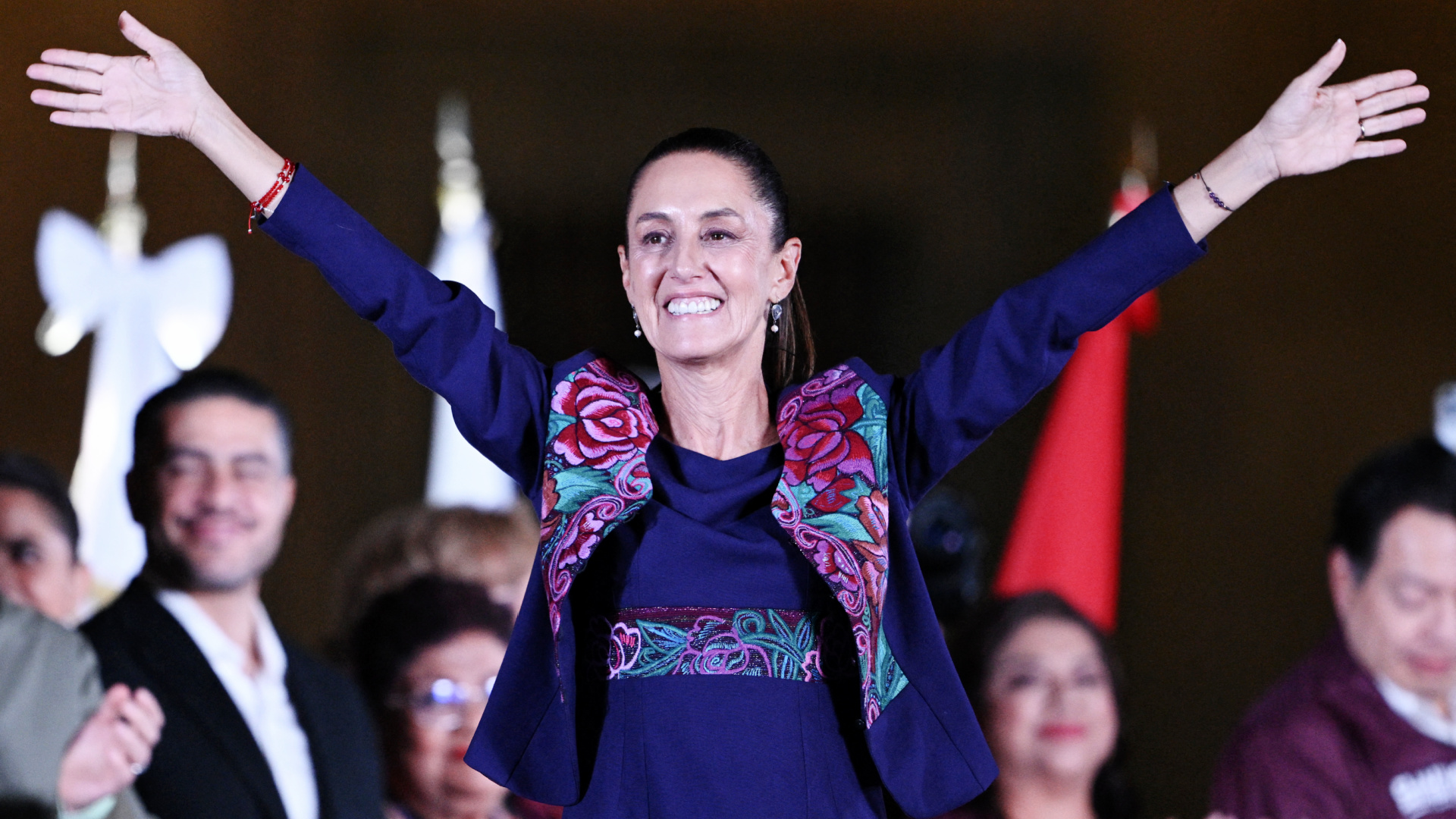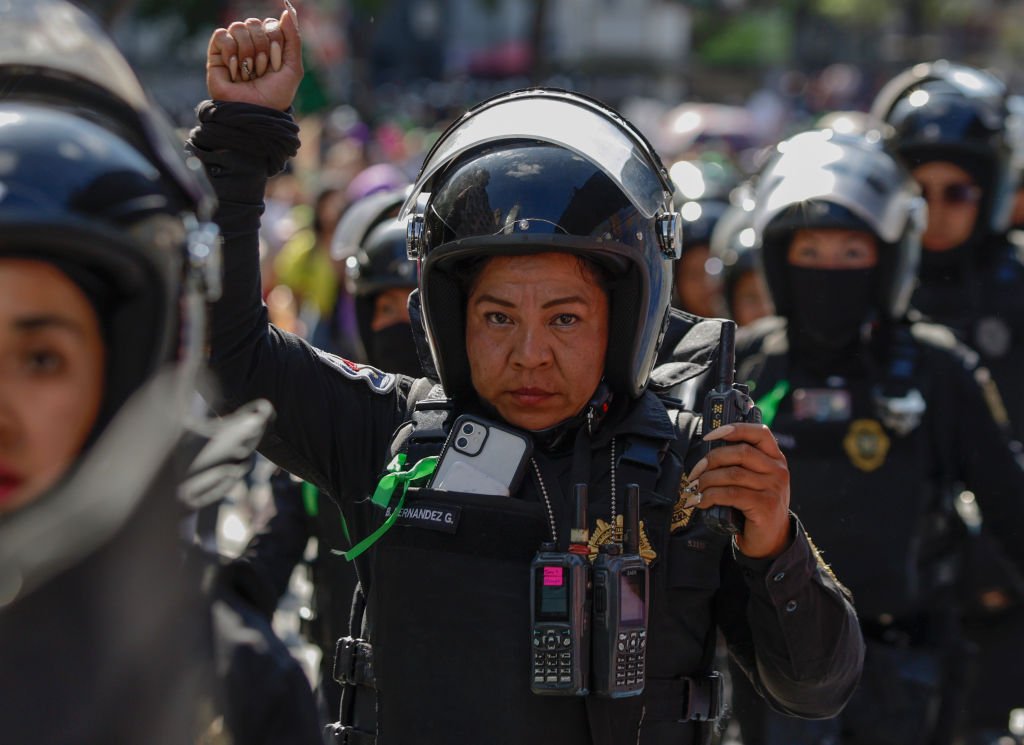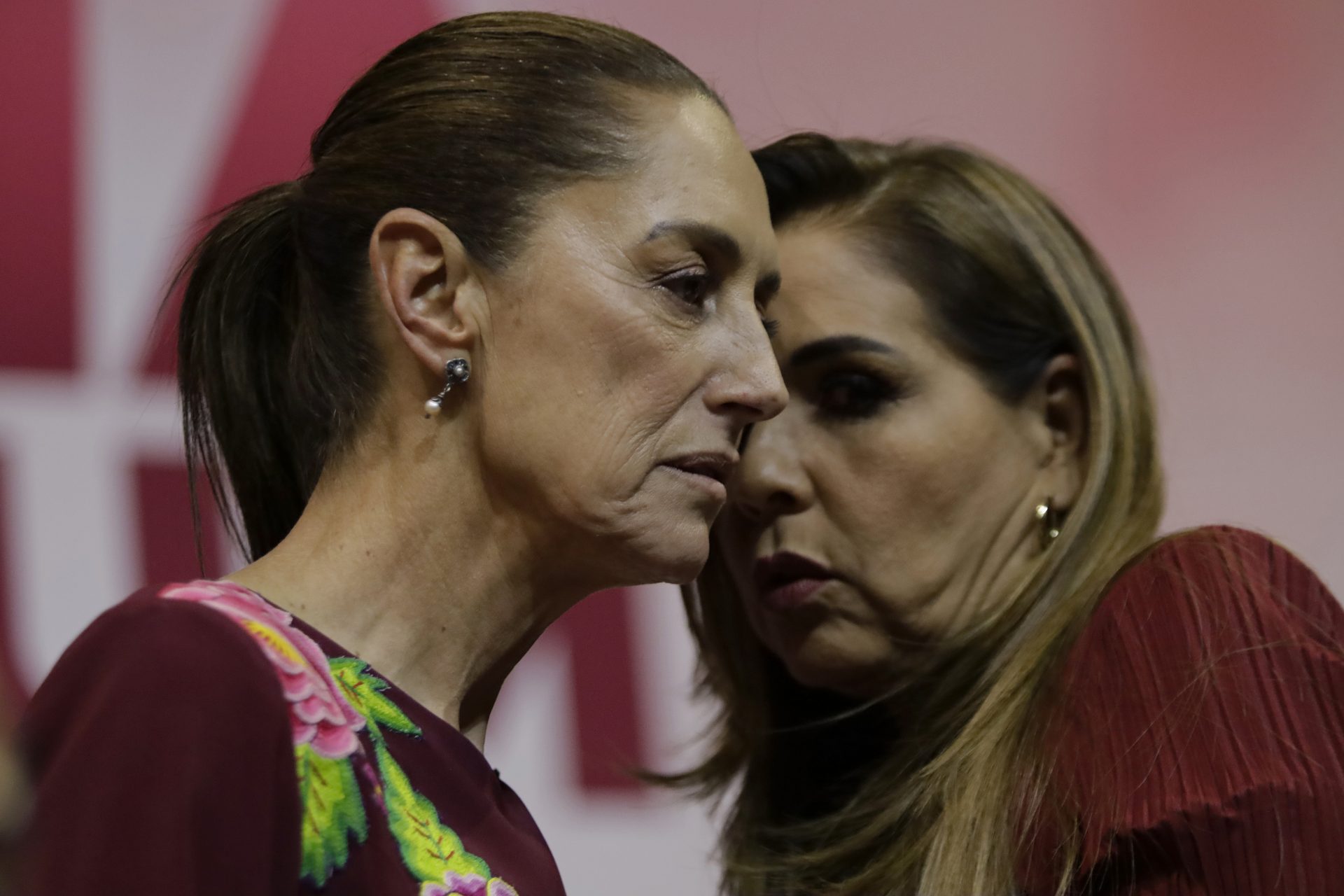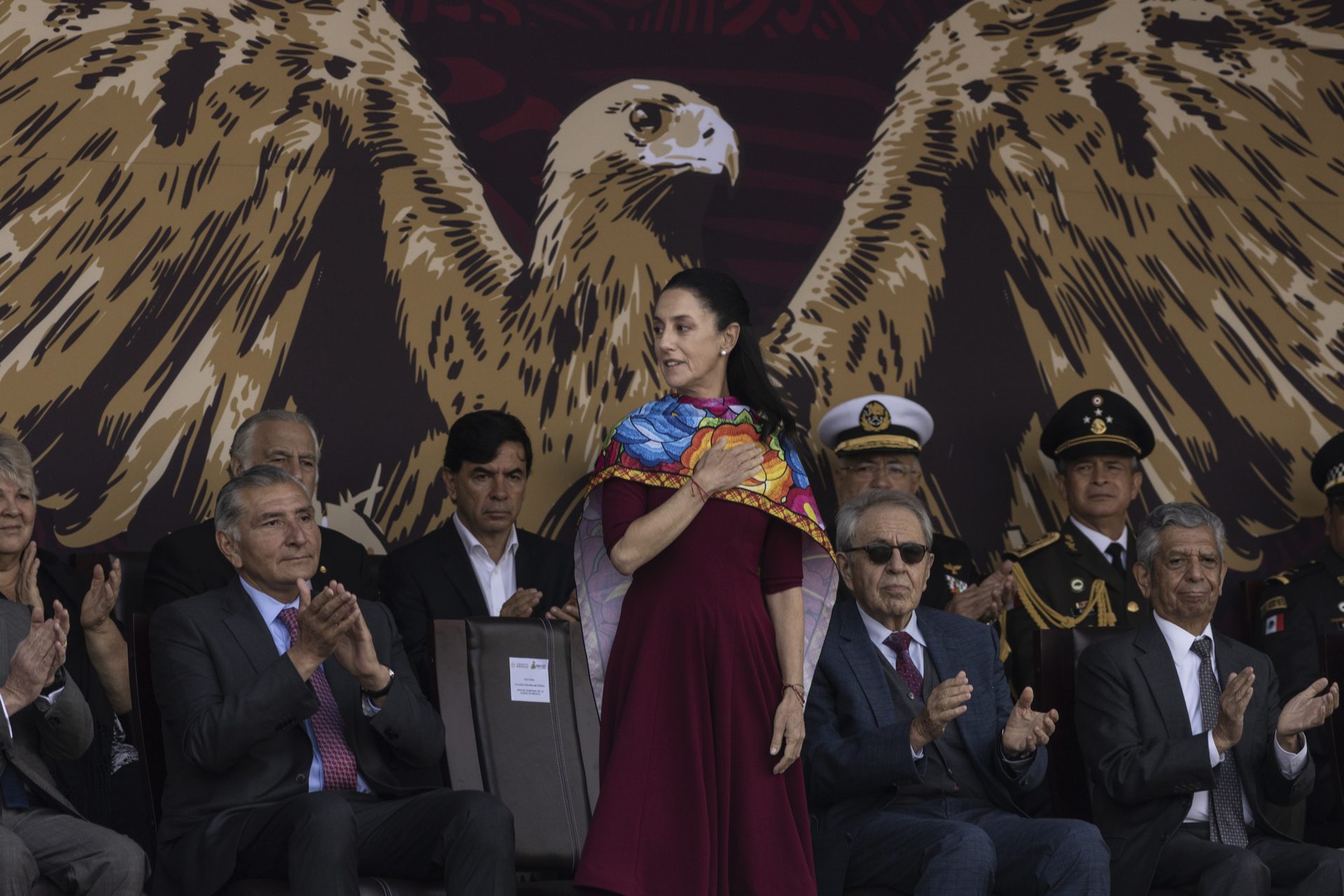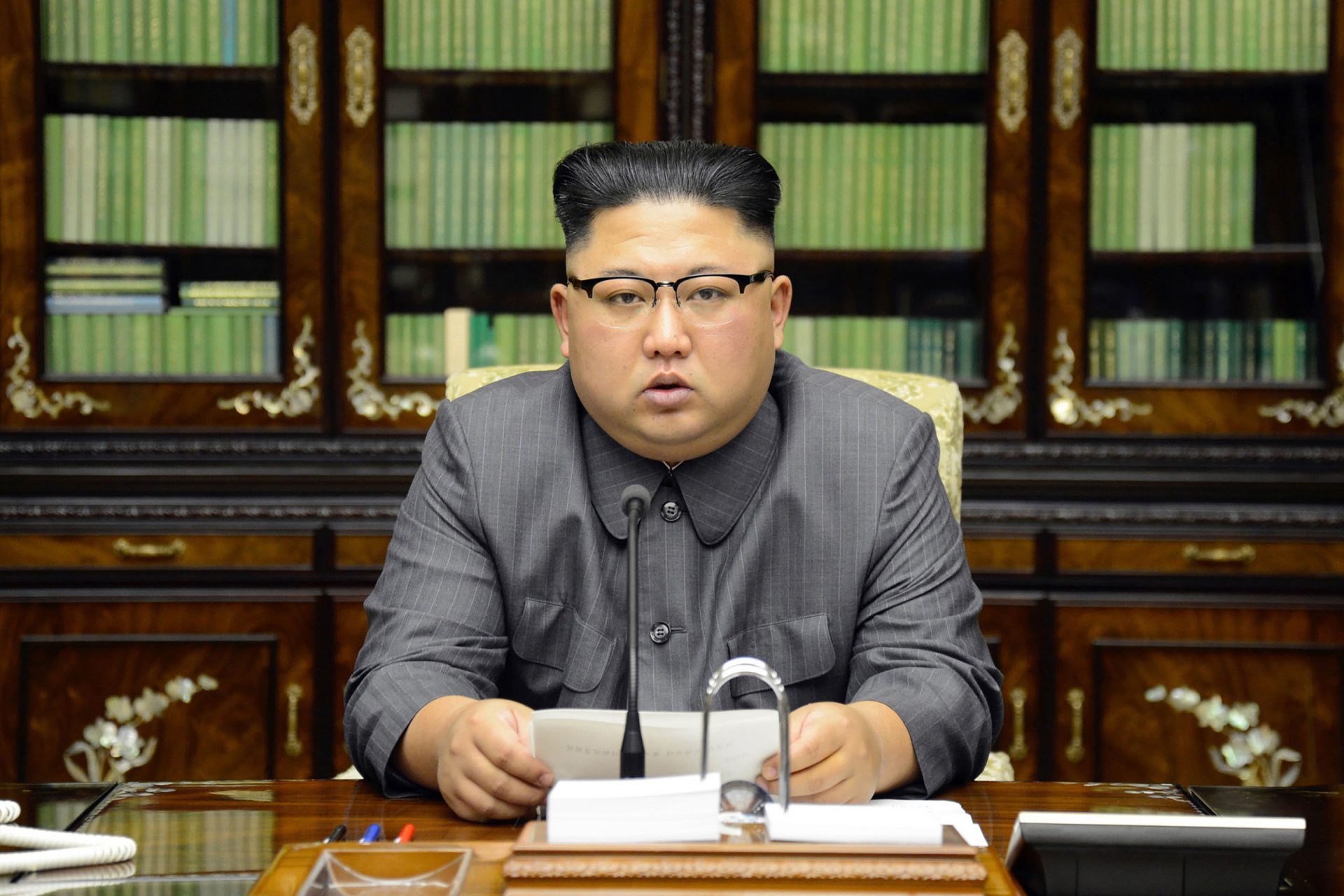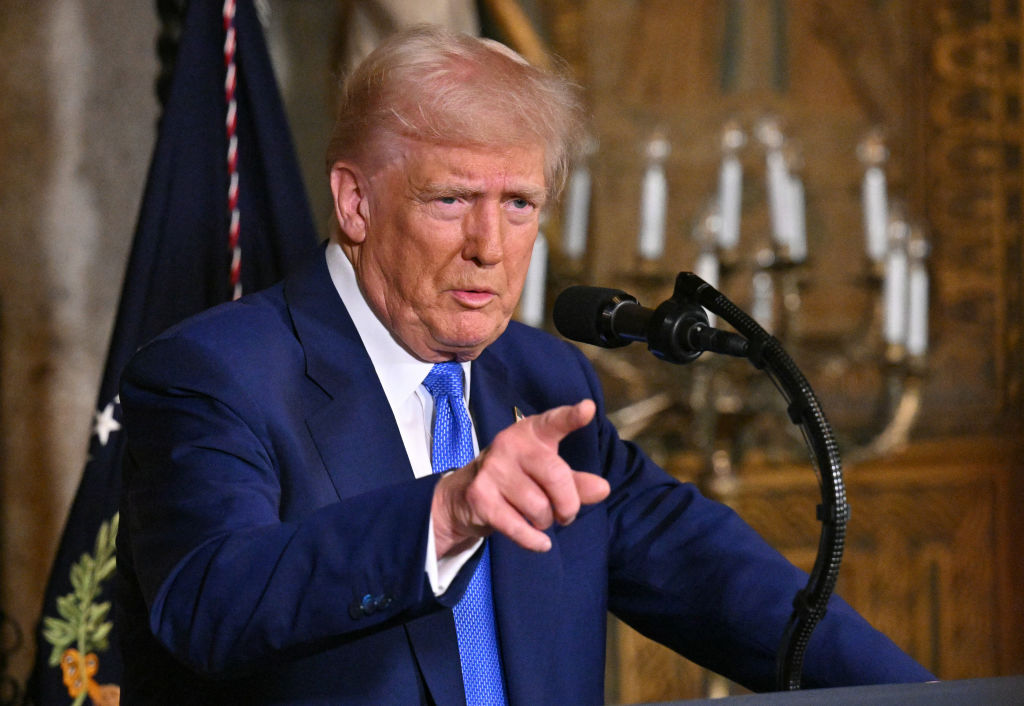Mexico just elected its first female president, but will ‘macho culture’ go away?
Mexico, a country known for its macho culture, has just elected a woman to be president for the first time in history. 61 year-old Claudia Sheinbaum, from the ruling party, won the election by a landslide (58-60% of the vote).
Speaking at a Mexico City downtown hotel shortly after electoral authorities announced a statistical sample showed she held the lead, she said, "We've all made it, with our heroines who gave us our homeland, with our mothers, our daughters and our granddaughters."
The director of Enkoll, Heidi Osuna, told Spanish newspaper EL PAÍS that she believes that the fact that the majority of men favored the two female candidates over the male one is due to the fact that they don’t consider the candidate to be “macho” enough.
“Samuel García (governor of Nuevo León) was a more macho, conservative profile, with a wife, children, a church goer,” Osuna told EL PAÍS, while Máynez does not fit that profile, so she does not believe that men are less sexist for supporting the female candidates, but perhaps, even the opposite.
On the other hand, there are certain sexist stereotypes that favored the female candidates. For example, 64% of surveyed Mexicans believe that a woman, regardless of who she is, could better combat corruption.
This idea, perhaps, comes from a stereotype that portrays women as more innocent and honest: less corrupt.
Photo: Protest over the subway incident that collapsed due to a case of corruption and negligence in which Sheinbaum was allegedly involved.
Osuna, the Enkoll director, believes the survey responses were based on gender expectation rather than personal expectations or known cases of women in power.
A shocking 87% of women and 89% of men believe that with a woman in power the situation for women in Mexico will improve.
The reality, however, is that having a female president does not guarantee that sexism will be addressed in the country.
Helena Varela Guinot, coordinator of the Doctorate in Critical Gender Studies at Ibero University, explains it well: “It is not a question of who occupies power but of how said power is exercised,” she writes.
For the living conditions of women in Mexico to change, it is necessary to rule with a progressive feminist agenda, says Varela, something that the expert does not perceive from Sheinbaum (the winner) but did not perceive from Xóchitl Gálvez either.
Varela believes that neither Sheinbaum nor Xóchitl would prioritize issues such as gender violence, the wage gap, access to education and sexual and reproductive rights, all problems that can only be solved with specific policies and a commitment to a feminist agenda, according to the expert.
A woman becoming president for the first time in a country as sexist as Mexico, despite how it might turn out, is still historic. However, we have yet to see if it will bring a positive change for Mexican women or if it will result in something merely symbolic.
More for you
Top Stories




